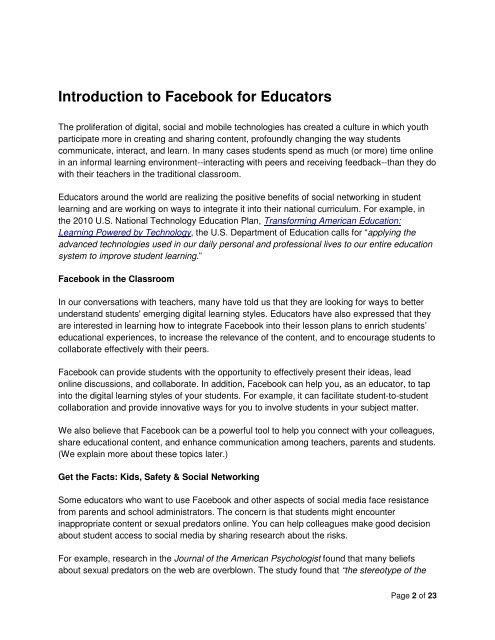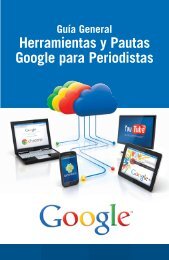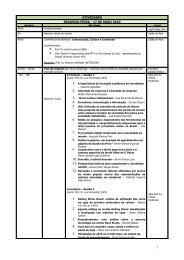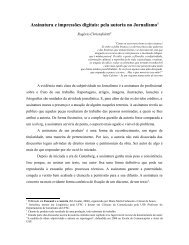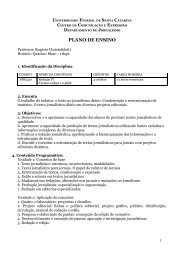Facebook for Educators - Internet Safety Wiki
Facebook for Educators - Internet Safety Wiki
Facebook for Educators - Internet Safety Wiki
You also want an ePaper? Increase the reach of your titles
YUMPU automatically turns print PDFs into web optimized ePapers that Google loves.
Introduction to <strong>Facebook</strong> <strong>for</strong> <strong>Educators</strong>The proliferation of digital, social and mobile technologies has created a culture in which youthparticipate more in creating and sharing content, profoundly changing the way studentscommunicate, interact, and learn. In many cases students spend as much (or more) time onlinein an in<strong>for</strong>mal learning environment--interacting with peers and receiving feedback--than they dowith their teachers in the traditional classroom.<strong>Educators</strong> around the world are realizing the positive benefits of social networking in studentlearning and are working on ways to integrate it into their national curriculum. For example, inthe 2010 U.S. National Technology Education Plan, Trans<strong>for</strong>ming American Education:Learning Powered by Technology, the U.S. Department of Education calls <strong>for</strong> “applying theadvanced technologies used in our daily personal and professional lives to our entire educationsystem to improve student learning.”<strong>Facebook</strong> in the ClassroomIn our conversations with teachers, many have told us that they are looking <strong>for</strong> ways to betterunderstand students' emerging digital learning styles. <strong>Educators</strong> have also expressed that theyare interested in learning how to integrate <strong>Facebook</strong> into their lesson plans to enrich students’educational experiences, to increase the relevance of the content, and to encourage students tocollaborate effectively with their peers.<strong>Facebook</strong> can provide students with the opportunity to effectively present their ideas, leadonline discussions, and collaborate. In addition, <strong>Facebook</strong> can help you, as an educator, to tapinto the digital learning styles of your students. For example, it can facilitate student-to-studentcollaboration and provide innovative ways <strong>for</strong> you to involve students in your subject matter.We also believe that <strong>Facebook</strong> can be a powerful tool to help you connect with your colleagues,share educational content, and enhance communication among teachers, parents and students.(We explain more about these topics later.)Get the Facts: Kids, <strong>Safety</strong> & Social NetworkingSome educators who want to use <strong>Facebook</strong> and other aspects of social media face resistancefrom parents and school administrators. The concern is that students might encounterinappropriate content or sexual predators online. You can help colleagues make good decisionabout student access to social media by sharing research about the risks.For example, research in the Journal of the American Psychologist found that many beliefsabout sexual predators on the web are overblown. The study found that “the stereotype of thePage 2 of 23


